Overview
The Eric Muñoz Trauma Center at University Hospital is the sole Level I Trauma Center for the densely populated region of northern New Jersey. With its multiple missions of clinical service, research and education, our Trauma Center is a leader in the advancement of trauma care in the state and the nation. The State designated our center the Level 1 Trauma Center to serve northern New Jersey in 1987, joining two others that serve the central and southern portions of the Garden State.
Working in concert with University Hospital’s Emergency Department, Emergency Medical Services, the NorthSTAR air rescue program, area MICU programs, and scores of volunteer rescue squads throughout the region, the Trauma Center brings skillful care to the most severely injured patients during the critical “Golden Hour.” The Trauma Center also receives referrals from secondary trauma centers and community hospitals throughout the region, especially for complex trauma cases in specialties like ophthalmology and neurosurgery, and for challenging spinal cord and head injuries.
Eric Muñoz Trauma Center at University Hospital
150 Bergen Street, Newark, NJ 07103
Operating Hours: 24 hours a day, 7 days a week
The Trauma Team
Our Center has attending trauma surgeons in-house 24/7. These physicians are board certified in General Surgery, as well as Surgical Critical Care, and are fellowship trained in trauma and critical care. They are supported by specially trained trauma nurse practitioners, physician assistants and trauma nurses. In addition, our trauma team includes a specialist in Physical Medicine and Rehabilitation to promote recovery from traumatic injury.
The Eric Muñoz Trauma Center offers an array of special services for those cases that require a very specific form of expertise:
- A microsurgical limb replantation team, available 24-hours a day, to treat severely damaged or severed limbs.
- An in-house neurosurgical staff with particular expertise in spinal cord and head injuries.
- Specialized immediate orthopedic care and long-term rehabilitative procedures are available for injuries to the musculoskeletal system, including serious sports-related trauma.
- Specialized autologous transfusion procedures that allow for the use of the patient’s own blood during surgery, significantly limiting the risk of transfusion-related complications. The Hospital’s extensive in-house blood bank system ensures immediate availability of blood products for cases with severe blood loss.
- Social workers dedicated to trauma patients and their families to facilitate the continuity of patient care through discharge.
- A trauma surgical unit staffed by nurses experienced in caring for trauma patients throughout their convalescence.
- A trauma follow-up clinic where all trauma patients are assessed after discharge for referral to appropriate post-discharge treatment and rehabilitation, if needed.
Field Support
The New Jersey Trauma Center is supported in its efforts by the University Hospital Emergency Medical Services (EMS) Department. EMS provides basic life support service in Newark and advanced life support service in Newark, Orange, East Orange, and the Newark-Elizabeth Seaport region, along with Newark International Airport. University Hospital EMS is one of the most active emergency medical services in the nation.
The Regional Emergency Medical Communications System, (REMCS), the communication center for University Hospital EMS, coordinates more than 125,000 requests for emergency medical services annually via a sophisticated computer aided dispatch system.
Rapid transport to the NJ Trauma Center from throughout Northern New Jersey is facilitated by NorthSTAR. This state-of-the-art air medical intensive care unit allows advanced pre-hospital treatment to be provided to trauma and critically ill patients while in transit to the trauma center.
Clinical and Community Education
In addition to providing top-tier care, the Eric Muñoz Trauma Center also advances a critical education mission. Each year, about 20 surgical and emergency medicine residents, from hospitals throughout the metropolitan area, are working with our trauma team to hone their skills in emergency medicine and trauma treatment. The center also plays an important role in the education of medical, nursing, and physician assistant students and first responders learning about trauma care.
The educational mission also extends to community outreach efforts. The trauma center team takes an active role in injury prevention by participating in community-based initiatives that stress public safety. The Center also is a hub for clinical and laboratory research that continues to improve trauma treatment.

